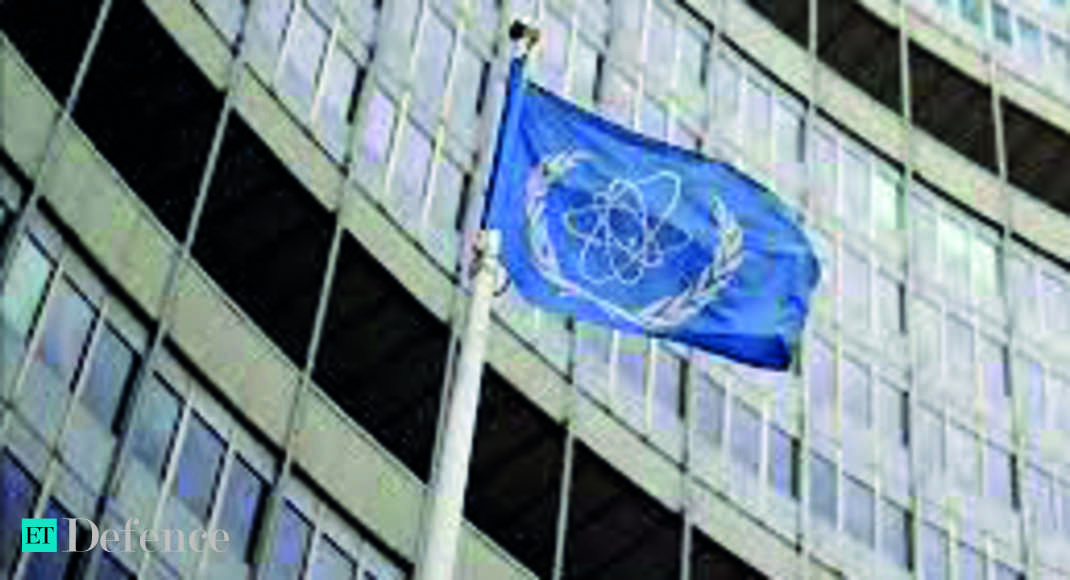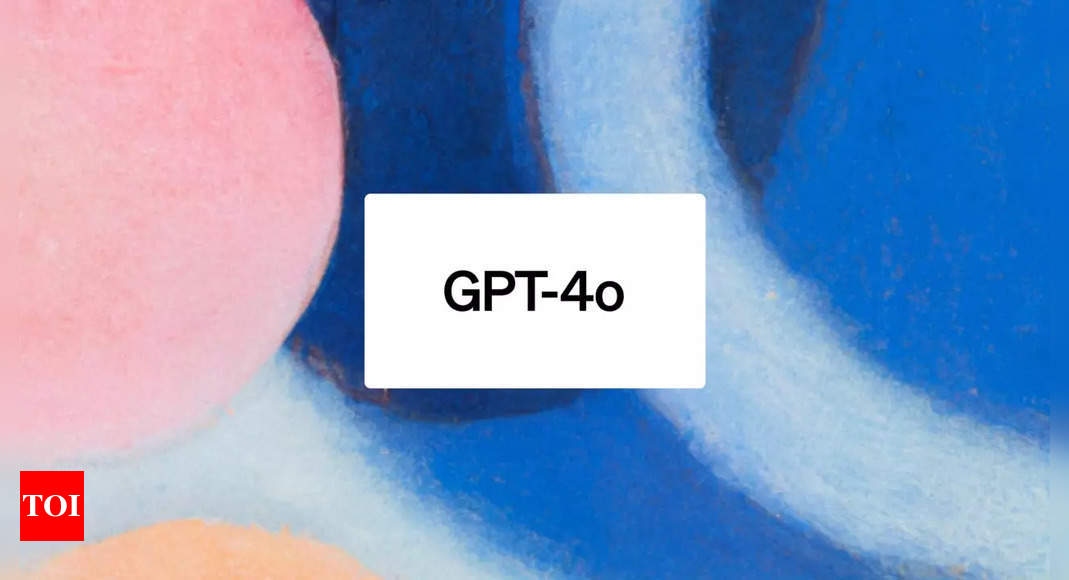Iran has reportedly slowed its enrichment of uranium at almost weapons-grade levels, based on a confidential report by the International Atomic Energy Agency (IAEA). The report indicates a significant reduction in the growth of enriched uranium compared to previous counts. Iran currently possesses 121.6 kilograms of uranium enriched up to 60%, a slower rate of accumulation than before. This development suggests that Iran may be attempting to ease tensions between itself and the United States following the collapse of the 2015 nuclear deal. The slowdown of uranium enrichment is seen as a positive gesture towards reducing tensions between the two countries. It is noteworthy that negotiations are also ongoing for a prisoner exchange and the release of Iranian assets frozen in South Korea.
The enrichment of uranium at 60% purity brings Iran very close to weapons-grade levels of 90%. Although Iran has consistently claimed that its nuclear program is peaceful, the IAEA’s director-general has warned that Tehran possesses enough enriched uranium to produce several nuclear bombs if it chooses to do so. However, it would still take Iran several months to build an actual weapon. In March, US intelligence agencies stated that Iran is not currently engaged in the necessary nuclear weapons development activities to create a testable nuclear device. This suggests that Iran’s intentions for its enriched uranium remain unclear.
The slowdown in uranium enrichment signifies a possible attempt by Iran to de-escalate tensions with the United States, and possibly pave the way for the revival of the 2015 nuclear deal. The deal, which was abandoned by the US in 2018 under the Trump administration, aimed to limit Iran’s nuclear activities in exchange for relief from economic sanctions. The recent negotiations for a prisoner swap and the release of frozen Iranian assets in South Korea suggest that both countries are interested in finding a diplomatic solution to their disputes.
It is important to closely monitor the developments surrounding Iran’s nuclear program and its negotiations with the United States. The outcome of these discussions could have significant implications for regional and global security. As negotiations continue, both countries will need to demonstrate goodwill and a commitment to addressing the concerns of the international community. Only through open dialogue and diplomatic engagement can a sustainable resolution be reached.











